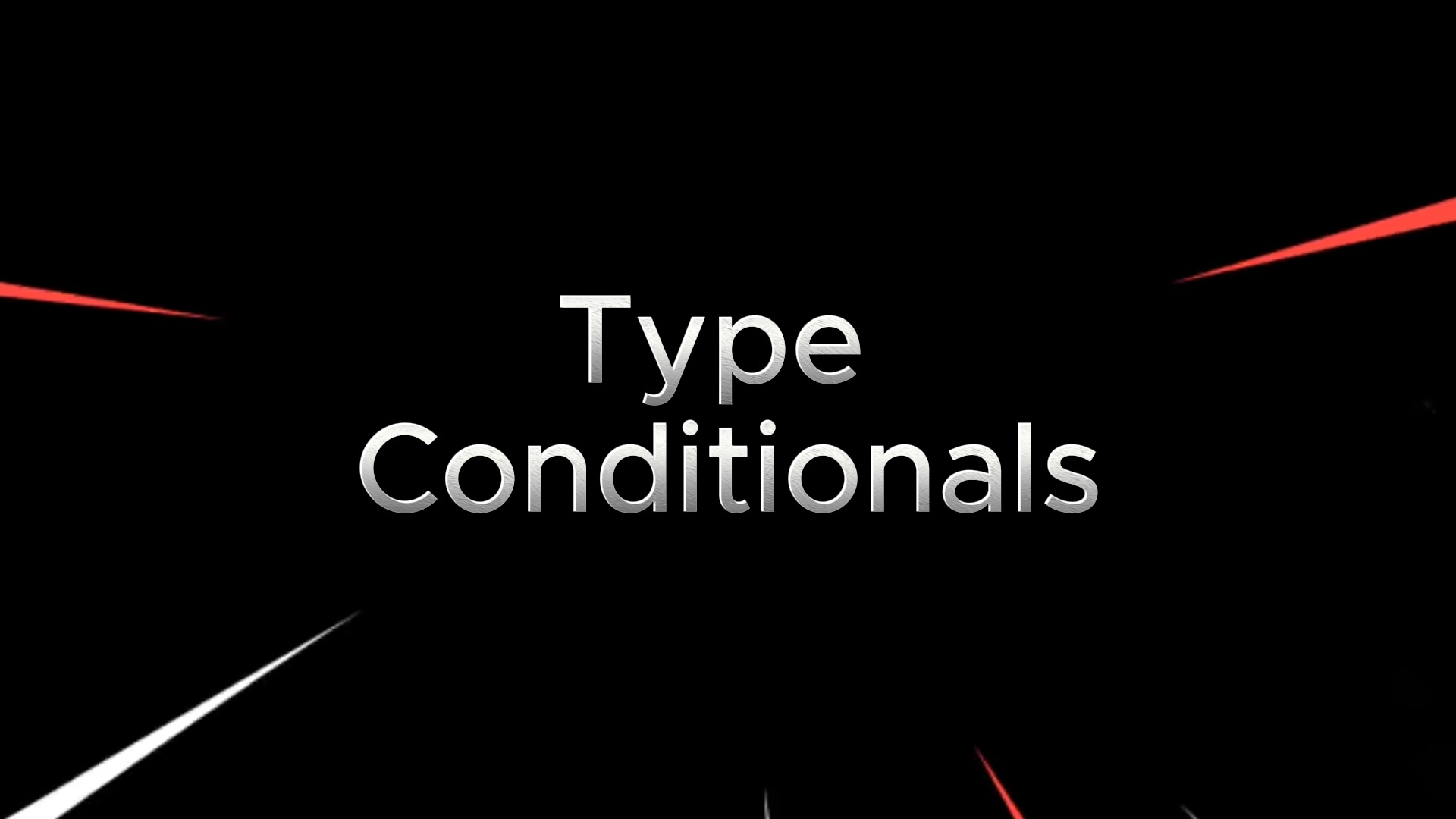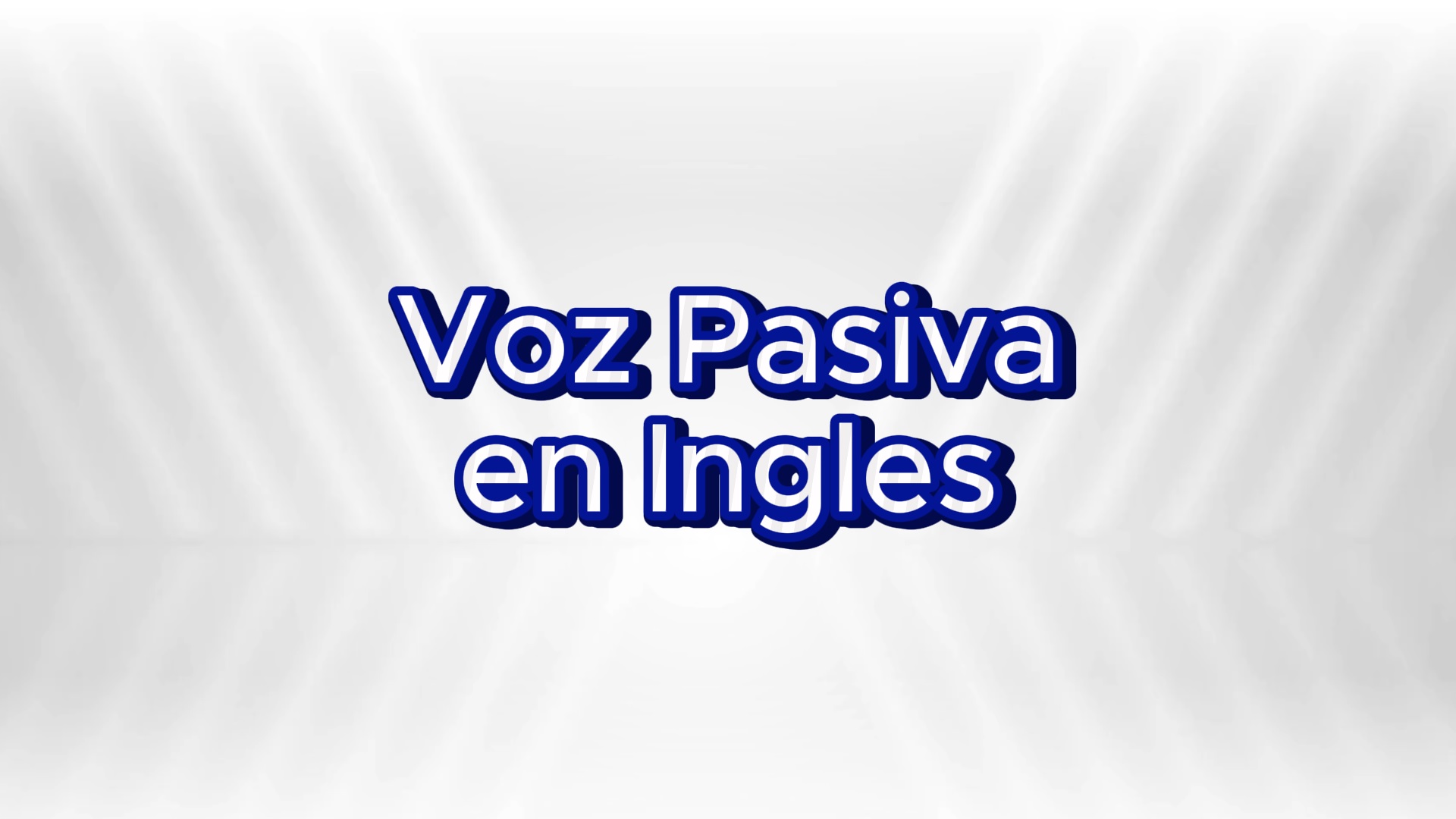Oraciones condicionales en ingles | Type conditionals
Las oraciones condicionales son una herramienta fundamental en el idioma inglés, ya que permiten expresar situaciones hipotéticas o reales y sus posibles consecuencias. Dominarlas te ayudará a comunicarte con mayor precisión y fluidez, acercándote al nivel de un hablante nativo.
En este artículo, te embarcaremos en un viaje completo por el mundo de las oraciones condicionales en inglés. Descubrirás los diferentes tipos, sus estructuras gramaticales, ejemplos claros y usos prácticos en la vida cotidiana.
Tipos de oraciones condicionales en Ingles:
Las oraciones condicionales en inglés se clasifican en cinco tipos principales, cada uno con su propia estructura y función:
Tipo 0: Cero Condicional (Zero Conditional)
Estructura:
- If (presente simple), (presente simple)
Uso:
Se utiliza para expresar verdades generales, leyes científicas o hábitos que siempre se cumplen.
Ejemplos:
| Oración en Inglés | Oración en Español |
|---|---|
| If you heat water to 100 degrees Celsius, it boils. | Si calientas agua a 100 grados Celsius, hierve. |
| If you mix yellow and blue, you get green. | Si mezclas amarillo y azul, obtienes verde. |
| If you drop an object, it falls. | Si dejas caer un objeto, cae. |
| If you cut yourself, you bleed. | Si te cortas, sangras. |
| If you plant a seed, it grows into a plant. | Si plantas una semilla, se convierte en una planta. |
| If you put ice in the sun, it melts. | Si pones hielo al sol, se derrite. |
| If you press a button, the light turns on. | Si presionas un botón, la luz se enciende. |
| If you touch fire, you get burned. | Si tocas fuego, te quemas. |
| If you eat too much sugar, you get cavities. | Si comes demasiada azúcar, te salen caries. |
| If you don’t get enough sleep, you feel tired. | Si no duermes lo suficiente, te sientes cansado. |
Tipo 1: Primera condicional (First type)
Estructura:
- If (presente simple), will/shall + (verbo en infinitivo)
Uso:
Se utiliza para expresar una situación real o posible en el presente y su consecuencia probable en el futuro.
Ejemplos:
| Oración en Inglés | Oración en Español |
|---|---|
| If it rains, I will stay home. | Si llueve, me quedaré en casa. |
| If you study hard, you will pass the exam. | Si estudias mucho, aprobarás el examen. |
| If the train is late, I will take a taxi. | Si el tren se retrasa, tomaré un taxi. |
| If I have time, I will visit you. | Si tengo tiempo, te visitaré. |
| If you go to the store, can you buy me some milk? | Si vas a la tienda, ¿puedes comprarme leche? |
| If I win the lottery, I will travel the world. | Si gano la lotería, viajaré por el mundo. |
| If the weather is nice, we will go to the park. | Si hace buen tiempo, iremos al parque. |
| If you need help, just ask. | Si necesitas ayuda, solo pregunta. |
| If I finish my work early, I will go to the gym. | Si termino mi trabajo temprano, iré al gimnasio. |
| If you call me, I will answer the phone. | Si me llamas, responderé el teléfono. |
Esto te podría interesar: Idioms en ingles: Domina el inglés como un nativo
Tipo 2: Segunda condicional (Second Conditional)
Estructura:
- If (pasado simple), would/could/should + (verbo en infinitivo)
Uso:
Se utiliza para expresar una situación hipotética o imaginaria en el presente y su consecuencia probable.
Ejemplos:
| Oración en Inglés | Oración en Español |
|---|---|
| If I had more time, I would travel more. | Si tuviera más tiempo, viajaría más. |
| If I knew you were coming, I would have prepared a cake. | Si hubiera sabido que venías, habría preparado un pastel. |
| If I were you, I would ask for help. | Si yo fuera tú, pediría ayuda. |
| If I had studied harder, I would have gotten a better grade. | Si hubiera estudiado más, habría obtenido una mejor calificación. |
| If you had called me, I would have come to the party. | Si me hubieras llamado, habría ido a la fiesta. |
| If we had left earlier, we wouldn’t have missed the flight. | Si hubiéramos salido antes, no habríamos perdido el vuelo. |
| If I had more money, I would buy a new car. | Si tuviera más dinero, compraría un auto nuevo. |
| If I had known the answer, I would have told you. | Si hubiera sabido la respuesta, te la habría dicho. |
| If I had a better job, I would be happier. | Si tuviera un mejor trabajo, sería más feliz. |
| If I had a time machine, I would go back in time. | Si tuviera una máquina del tiempo, viajaría al pasado. |
Tipo 3: Tercera condicional (Third Conditional)
Estructura:
- If (pasado perfecto), would have + (participio pasado)
Uso:
Se utiliza para expresar una situación hipotética o imaginaria en el pasado y su consecuencia probable que ya no puede ocurrir.
Ejemplos:
| Oración en Inglés | Oración en Español |
|---|---|
| If I had studied harder, I would have gotten a better grade. | Si hubiera estudiado más, habría obtenido una mejor calificación. |
| If you had called me, I would have come to the party. | Si me hubieras llamado, habría ido a la fiesta. |
| If we had left earlier, we wouldn’t have missed the flight. | Si hubiéramos salido antes, no habríamos perdido el vuelo. |
| If I had more money, I would have bought a new car. | Si tuviera más dinero, habría comprado un auto nuevo. |
| If I had known the answer, I would have told you. | Si hubiera sabido la respuesta, te la habría dicho. |
| If I had a better job, I would be happier. | Si tuviera un mejor trabajo, sería más feliz. |
| If I had a time machine, I would go back in time. | Si tuviera una máquina del tiempo, viajaría al pasado. |
| If I had listened to my parents, I wouldn’t be in this mess. | Si hubiera escuchado a mis padres, no estaría en este lío. |
| If I had taken that job, I would be living in another country now. | Si hubiera tomado ese trabajo, ahora estaría viviendo en otro país. |
| If we had prepared better, we wouldn’t have failed the exam. | Si nos hubiéramos preparado mejor, no habríamos fallado el examen. |
Tipo 4: Mixta condicional (Mix Conditional)
Estructura:
- If (pasado perfecto), would have + (participio pasado)
Uso:
Se utiliza para expresar una situación hipotética o imaginaria en el pasado y su consecuencia probable en el presente.
Ejemplos:
| Oración en Inglés | Oración en Español |
|---|---|
| If I had studied harder, I would have been able to pass the exam. | Si hubiera estudiado más, habría podido aprobar el examen. |
| If you had called me earlier, I would have helped you with the project. | Si me hubieras llamado antes, te habría ayudado con el proyecto. |
| If we had left sooner, we would have avoided the traffic jam. | Si hubiéramos salido antes, habríamos evitado el atasco de tráfico. |
| If I had more money, I would have bought that car. | Si tuviera más dinero, habría comprado ese auto. |
| If I had known the truth, I wouldn’t have said anything. | Si hubiera sabido la verdad, no habría dicho nada. |
| If I had a better job, I would be able to afford a nicer house. | Si tuviera un mejor trabajo, podría permitirme una casa más bonita. |
| If I had a time machine, I would go back and change the past. | Si tuviera una máquina del tiempo, volvería al pasado y cambiaría las cosas. |
| If I had listened to my intuition, I would have made a different decision. | Si hubiera escuchado mi intuición, habría tomado una decisión diferente. |
| If I had taken that chance, I would be living a very different life now. | Si hubiera tomado esa oportunidad, ahora estaría viviendo una vida muy diferente. |
| If we had prepared more thoroughly, we would have won the competition. | Si nos hubiéramos preparado más a fondo, habríamos ganado la competencia. |




1 comentario